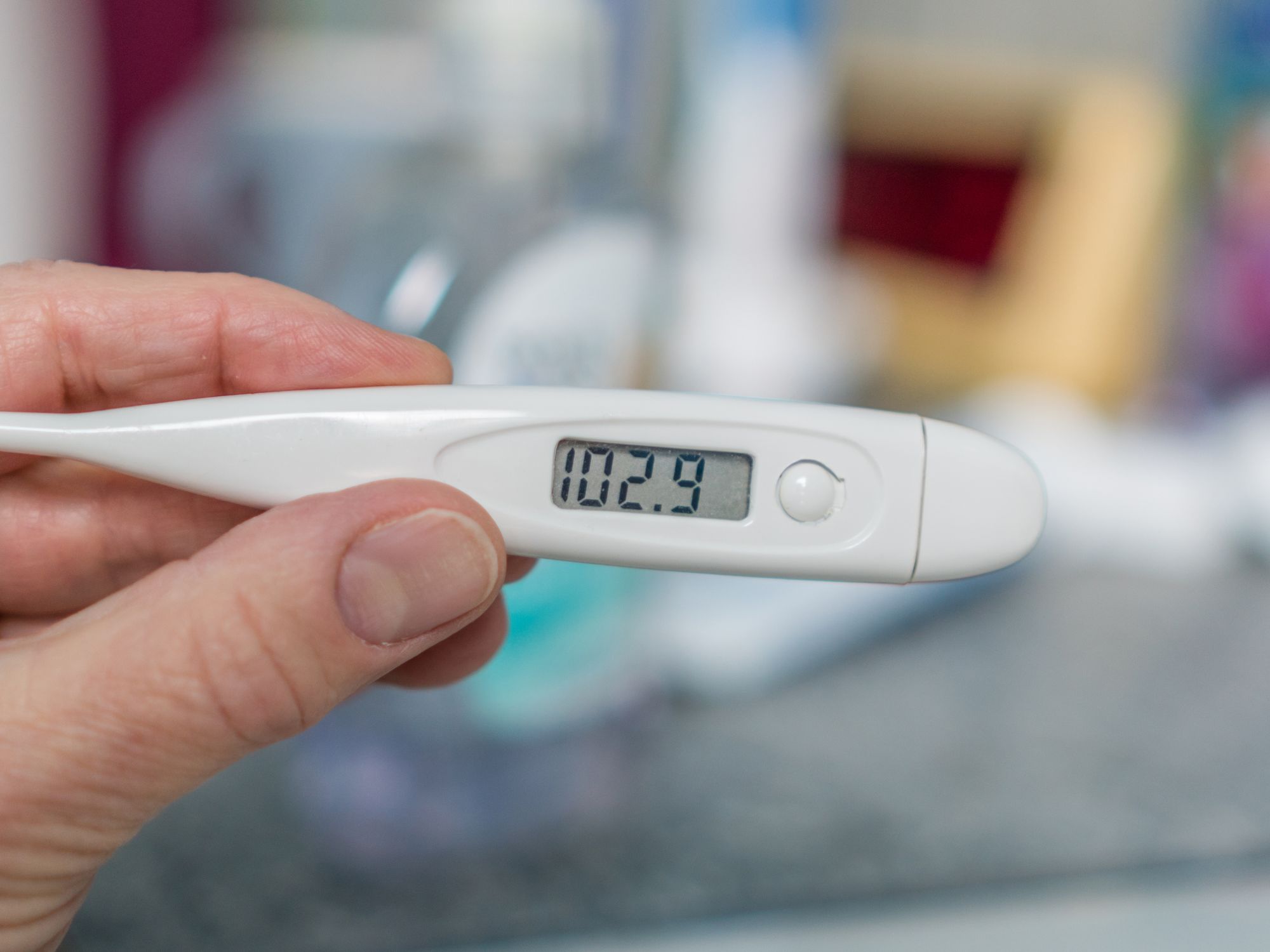SARS

- SARS is a sometimes-fatal respiratory illness that is spread primarily through close contact with a symptomatic person.
Severe acute respiratory syndrome (SARS) is a sometimes fatal, respiratory illness. The first identified cases occurred in China in late 2002, and the disease has now spread throughout the world. SARS is caused by a coronavirus known as SARS-associated coronavirus (SARS-CoV). Suspected SARS cases in the United States have involved individuals returning from travel to Asia and healthcare workers and other contacts of those patients. SARS does not appear to be caused by casual contact; transmission appears to be primarily through close contact with a symptomatic patient. The Centers for Disease Control and Prevention (CDC) has defined a suspect case of SARS as an illness of unknown cause that began in February 2003 or later and meets the following criteria:
- Fever of at least 100.5 degrees F;
- One or more clinical findings of respiratory illness, such as cough, shortness of breath, difficulty breathing, hypoxia, or X-ray evidence of either pneumonia or acute respiratory distress syndrome; and
- The onset of symptoms occurs within 10 days of either (1) travel to an area with documented or suspected community transmission of SARS; or (2) close contact with either a person with a respiratory illness who traveled to a SARS area or a known suspect SARS case. Close contact means having cared for, lived with, or had direct contact with respiratory secretions and/or body fluids.
